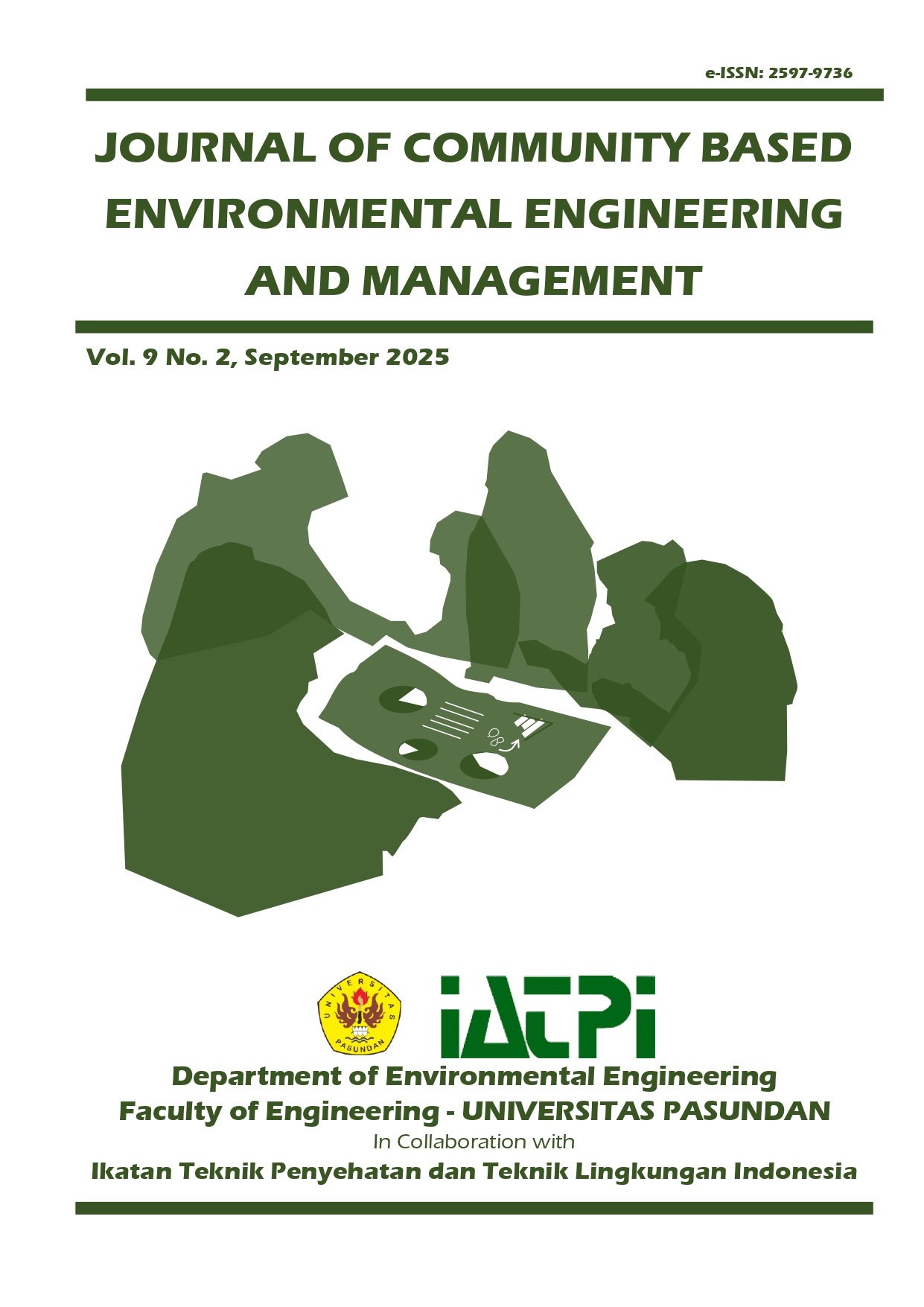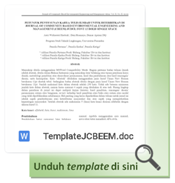Changes in Waste Management Behavior in Supporting the Implementation of Green Economy in MSMEs
DOI:
https://doi.org/10.23969/jcbeem.v9i2.29436Keywords:
behavior change, maggot house, MSMEs, PKK cadresAbstract
The green economy is an economic concept that aims to improve welfare and social justice and reduce environmental risks. The purpose of this program is to measure the implementation of the green economy in Cimincrang Village, to control waste at the source, and the application of green technology, with local government partners and PKK (Pemberdayaan Kesejahteraan Keluarga/Family Welfare Empowerment) cadres, and the subjects are MSMEs (Micro and Small, and Medium Enterprises). The method used was environmental reevaluation, data obtained through observation, interviews, questionnaire distribution, and secondary data support. Programs carried out include: (1) education and communication, (2) community involvement, (3) incentive programs, and (4) policies and regulations. The results show that the understanding of PKK cadres as guardians of the commitment to behavior change was better than MSMEs. Initial conditions show that MSMEs' understanding of waste management and the green economy is in good condition, and has increased to very good. Indicators that are still needed to be improved include: (1) sorting waste is an easy job, (2) owning loseda, (3) bringing bags/tumblers/food boxes when shopping, (4) reminding others to sort waste, (5) green economy can improve the quality of life, (6) reducing single-use plastic packaging, (7) awareness that we borrow the environment from the next generation, (8) community awareness to protect the environment. Changes in the behavior of maggot house managers are supported through facilitation of the oven provision, training implementation, and motivational encouragement, in the form of sustainability measures, so that maggot houses obtain funds for development and improvement.
Downloads
References
Olaniyan, O. (2020). Global and Regional Potential of Wastewater as a Water, Nutrient and Energy Source. Natural Resources Forum, 44(1), 40–51. https://doi.org/10.1111/1477-8947.12187
Rahmawati, L., Zulistiani, Z., & Damayanti, S. (2024). Strategi Pemasaran Green Marketing dalam Meningkatkan Volume Penjualan pada Okayu Galeri Café Kertosono. Simposium Manajemen dan Bisnis III (Simanis), 3, 213-221.
Riana, N. & Fajri, K. (2024). Community empowerment in developing integrated tourism potentials at Cimincrang Sub-District, Bandung, West Java, Indonesia. IOP Conference Series: Earth and Environmental Science, 1366, 012012. https://iopscience.iop.org/article/10.1088/1755-1315/1366/1/012012
Tummers, L. (2019). Public Policy and Behavior Change. Public Administration Review, 79(6), 925–930. https://doi.org/10.1111/puar.13109














